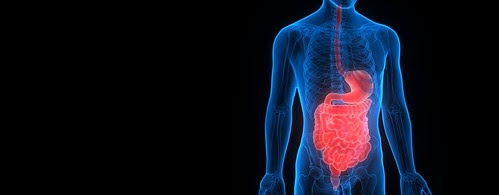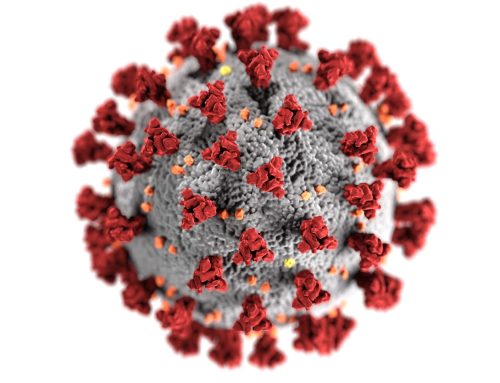Ulcerative colitis is a condition characterized by inflammation of the bowels and large intestine, typically seen as ulcers -sores that develop on the lining of the colon. The condition primarily targets the rectum and the colon lining. There are four major types of ulcerative colitis: ulcerative proctitis, proctosigmoiditis, pancolitis, and left-sided colitis. These four types of ulcerative colitis vary based on the location of inflammation and their most common symptoms.
Causes of Ulcerative Colitis
Scientists don’t currently know the exact cause of ulcerative colitis. It seems possible that sometimes, the immune system accidentally attacks the digestive system when battling an unrelated disease, and this misfire may lead to ulcerative colitis. The condition may also be genetic, but it’s not exclusively hereditary. While there isn’t a clear cause of most cases, there are risk factors for ulcerative colitis like family history, ethnic background, and age.
Symptoms of Ulcerative Colitis
Most ulcerative colitis patients experience a gradual onset of symptoms, including diarrhea, which may sometimes include other bodily fluids like blood. Patients might experience pain or bleeding in the rectum as well as stomach cramps or abdominal pain. Ulcerative colitis can also sometimes cause fevers and lethargy, and children with ulcerative colitis may experience stunted or slowed growth.
Some patients may experience unexplained weight loss, and some may encounter urgent, challenging bowel movements. These symptoms vary in severity, and many patients even experience remission. Remission from ulcerative colitis is a period wherein a patient experiences no symptoms at all for an extended amount of time.
Treatment Options for Ulcerative Colitis
While there isn’t a cure for ulcerative colitis, treatment can help control inflammation and allow patients to live a comfortable life. Doctors typically treat ulcerative colitis with a combination of medicine, nutrition changes, and surgery if necessary. Different patients respond to different treatment methods, and it’s important to consult a medical professional before deciding on a treatment plan.
Medication
Doctors prescribe many types of medication to help patients manage ulcerative colitis symptoms. Medicine can decrease the frequency of symptoms, relieve discomfort from symptoms like abdominal cramping and diarrhea, and encourage remission. Sometimes, doctors might prescribe combination therapy. In combination therapy, a patient takes multiple medications to see if they’re more effective together.
Nutrition Changes
Eating a balanced diet may help fuel the body to respond to ulcerative colitis and minimize the negative effects of some symptoms. To avoid depleting the body of its nutrients during intense processes like diarrhea, aim to eat a diverse diet of nutrient-dense foods. Some patients might find that ulcerative colitis weakens their appetite. It’s important for ulcerative colitis patients to eat a full day’s worth of food, including an ample amount of protein, fat, and carbohydrates, even when experiencing a suppressed appetite.
Surgery
If patients don’t respond to medication, surgery can be an option. Typically, the surgery for ulcerative colitis is colon removal, also known as a colectomy. A surgeon typically adds either an internal or external pouch that collects the patient’s stool. The details of a colectomy depend on risk factors like age and condition.
Living a healthy, productive life with ulcerative colitis requires communication with a medical professional and careful lifestyle adjustments. While ulcerative colitis can be serious, with proper management, most cases are manageable. If you’re experiencing symptoms of ulcerative colitis, the doctors at JCMC Gastroenterology can help, contact us today!







